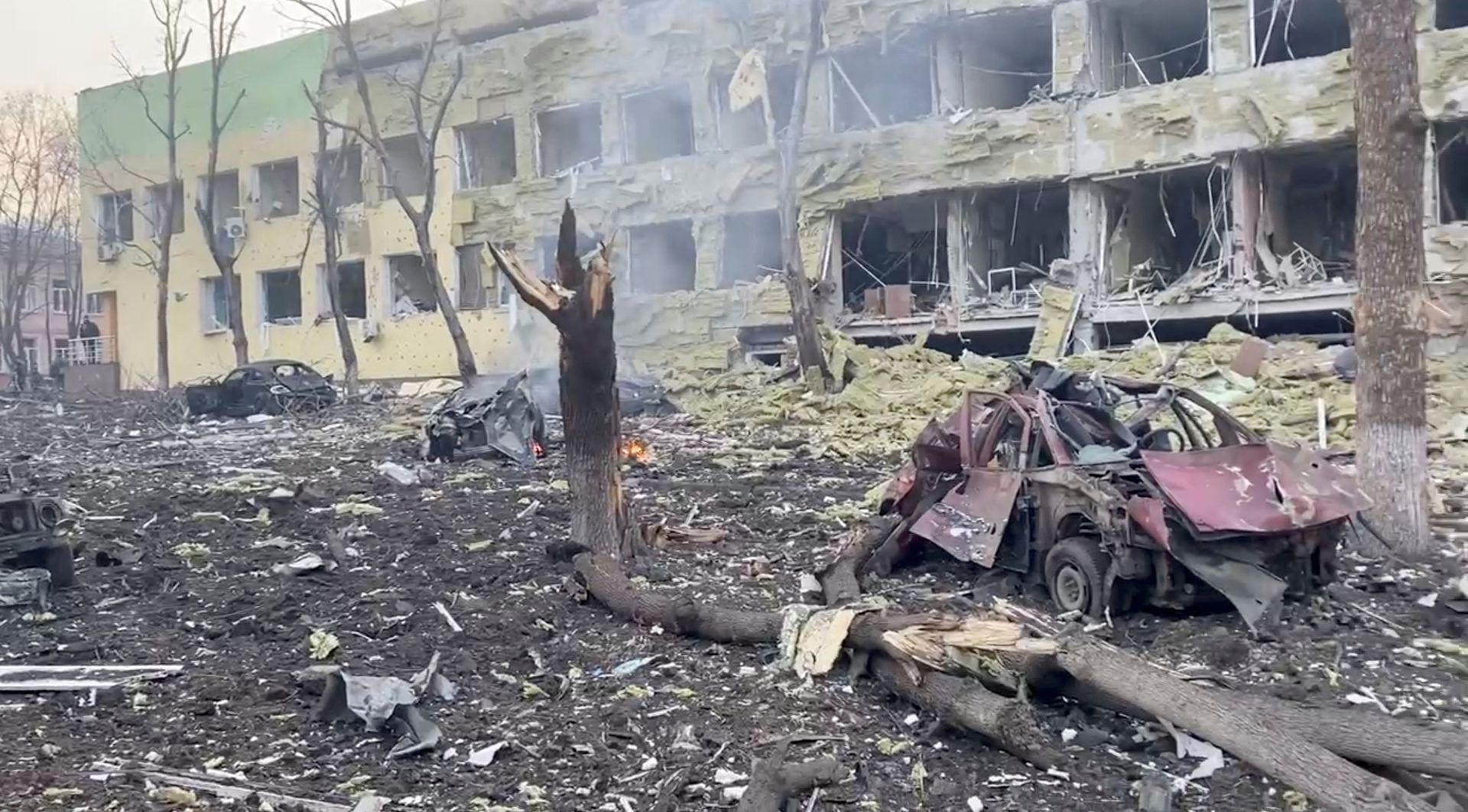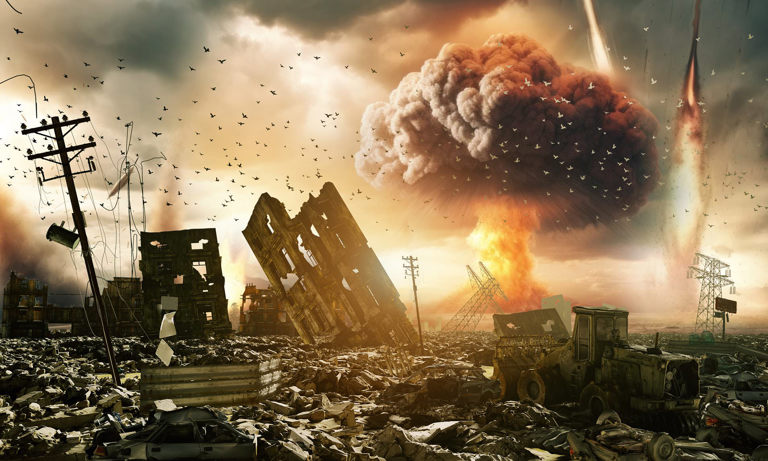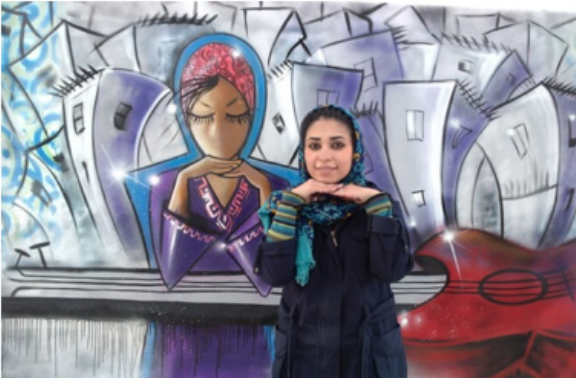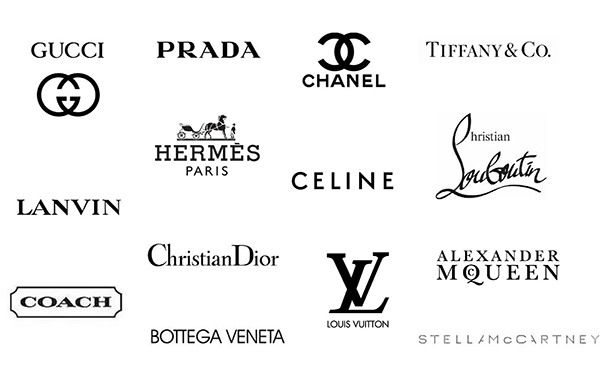By Sabine Ebanks, Year 12
When Russian President Vladimir Putin announced a “special military operation” in Ukraine on the morning of the 24th of February 2022, global condemnation of the resulting invasion was swift and firm. In the weeks since the crisis began, countless governments, international organizations, companies, and individuals have called for an end to Russian aggression. Sanctions have been imposed on Russian individuals and banks, with major consequences for the Russian economy. Particularly notable to LGB students was Switzerland’s move on the 28th of February to join the European Union in freezing Russian assets in the country, which (to some extent) broke the Swiss tradition of neutrality. In his comment on the issue, President Ignazio Cassis said this came as a result of an “unprecedented military attack by Russia on a sovereign European state,” for which there had been “no provocation.”
Ecolint has, of course, also had to respond to the conflict. On the 24th of February, a special assembly was held where Dr. Hughes urged students to avoid blaming any individuals for the actions of governments of their countries of origin and reminded the school community that LGB stands for peace. Since then, various comments from the school administration have taken a similar stance: supporting peace, but not taking any position on the ‘conflict’ itself.
The perceived lack of a strong response from the school administration provoked some criticism from members of the Ecolint community. Most notably, an article was published in The Update, La Chat’s online newspaper, on the 9th of March, titled “Ukraine has shown the limits of Ecolint’s ‘values’.” The piece, anonymously written by a year 13 student, was strongly critical of the administration’s stance on the issue and questioned the values of the school. The article has spread throughout the three campuses and has been met with strong responses from students, parents, and teachers, amassing a total of twenty-six comments at the time of writing.
In response to the La Chat article, Dr. Hughes has written the following statement:
A response to the article Ukraine has shown the limits of Ecolint’s ‘values’
An anonymous person, describing him/her/themself as “a concerned year 13 student” had an article published in La Châtaigneraie’s journal The Update on Ecolint’s response to the invasion of Ukraine. In this article, the following statements were made, I quote:
- Silence regarding Russia’s illegal invasion of Ukraine is a disgrace.
- Ecolint’s response has been lacklustre, half-hearted, and inadequate.
- [In relation to the principal’s assembly], the word “conflict” was used, which actively underplays the gravity of the situation and suggests that this is a two-sided issue with Ukraine being equally responsible for its own invasion.
- The Ecolint foundation should explicitly call out the actions by the Russian state in Ukraine for what they are.
- Many already suspect that Ecolint’s stated values are nothing more than empty words.
I would like to make four points with regard to this letter:
- One of the blights on social interaction in the 21st Century is the nature of anonymous postings, especially on social media. It becomes centrally important to own what one says, especially when published and when naming other people. If I criticise anonymously, how can I be held accountable for what I say? How can there be any dialogue? This is a place of learning focussed on students’ intellectual, social and spiritual growth, they should feel confident that whatever they say – short of invectives – will be greeted openly and in a spirit of discussion. I hope that every person feels they can put their name behind what they say, as a matter of principle and to honour the right to reply of those mentioned in whatever is being said. That’s a message to all students: don’t be afraid to stand by your convictions.
- Invasions and wars are conflict – it is not inaccurate to describe what is happening in Ukraine as a conflict since thousands of people are dying on either side. It is precisely by raising the vocabulary to describe geopolitical incidents to the level of the higher order moral plane – more generic and universal – that the discourse speaks across different types of conflict to remind everyone of the purpose of this school, which is to give students the information and convictions to stand against all war, all violence, all conflict and to promote peace.
- However, the school is not here to tell students what to think but to help them how to think. By stating that the school stands by one country or another (as opposed to endorsing a principle), it is driving a message of what is expected of all its students and all its teachers: a type of “pensée unique”, emblematised by the overused and assumptive use of the first person plural “we”, as if “we” all think exactly the same way. By presenting facts but remaining apolitical, the school leaves students to form their own opinions and knowledge claims, which is a good thing since we are not programmed robots and each has the faculty for independent thought within them. Anybody can have heated discussions around the dinner table or with friends about their political views, but the leaders of international schools need to federate and bring together on principles, not on nation state politics. By taking sides, no matter how simple such a gesture might seem, especially in a time charged with scapegoating, propaganda, oversimplification and prejudice, people belonging to the “other side” are alienated and excluded. Furthermore, this would mean that the school would be expected to position itself ideologically on every single political conflict, which would be both impossible and a very bad idea in more ways than I care to elaborate upon in this short response. The one area where the school does have a stance and does actually ask “us” to agree is being on the side of peace so as to stand by all victims in all conflicts, not just some victims in some conflicts. Again, this is an exhortation, not a command, it is not groupthink.
- In this dark hour, pointing fingers, naming individuals and using words like “hypocrisy” and “disgrace” is merely bringing conflict into a peaceful educational space when, on the contrary, members of the school should be countering the conflict by standing together for the values that go back to 1924, in response not just to WW1, but all wars: values of peace, kindness, dialogue, respect. If there is to be discussion, which I encourage and applaud, may it be respectful and not in the form of anonymous attacks.
In the final analysis, despite these reservations, I am happy to see students in the school voicing their views passionately and articulately, because it creates a debate and shows that Ecolint students are critical thinkers. If there was a name behind the article, I would very much like to meet him/her/them for a discussion about values and messaging. In fact, that invitation is open!
One last point: many of the students at La Grande Boissière are acting to help the victims. A student is travelling to the border to distribute clothes and food; students have been writing letters of support for students in schools in the region and the PTA is driving a strong humanitarian project to help refugees. I thank them and salute them for this work.
Conrad Hughes
It is also worth noting that since the publication of the article in The Update, Dr. Hawley, the Director-General of Ecolint, issued a message on the 11th of March elaborating on the administration’s stance. In his letter, which outlined the “key principles” that form the basis of the foundation’s viewpoint, Dr. Hawley took the step to say “we must and we do condemn the invasion of Ukraine by the Russian State as it violates these principles.” This statement is likely to be welcomed by those who have thus far been critical of Ecolint’s response, although it remains to be seen whether some will perceive the move as sufficient.
The Express team will be doing an interview with Dr. Hughes in the coming week about the school’s position on the issue, where we will have the opportunity to ask him questions posed by the LGB community. If you would like to submit a question for us to ask, please email sabine.ebanks@learning.ecolint.ch. We will also be running an article with perspectives of the students and teachers on the issue. If you are interested in sharing your opinion with us to feature in the article, either anonymously or not, please reach out to sabine.ebanks@learning.ecolint.ch.



